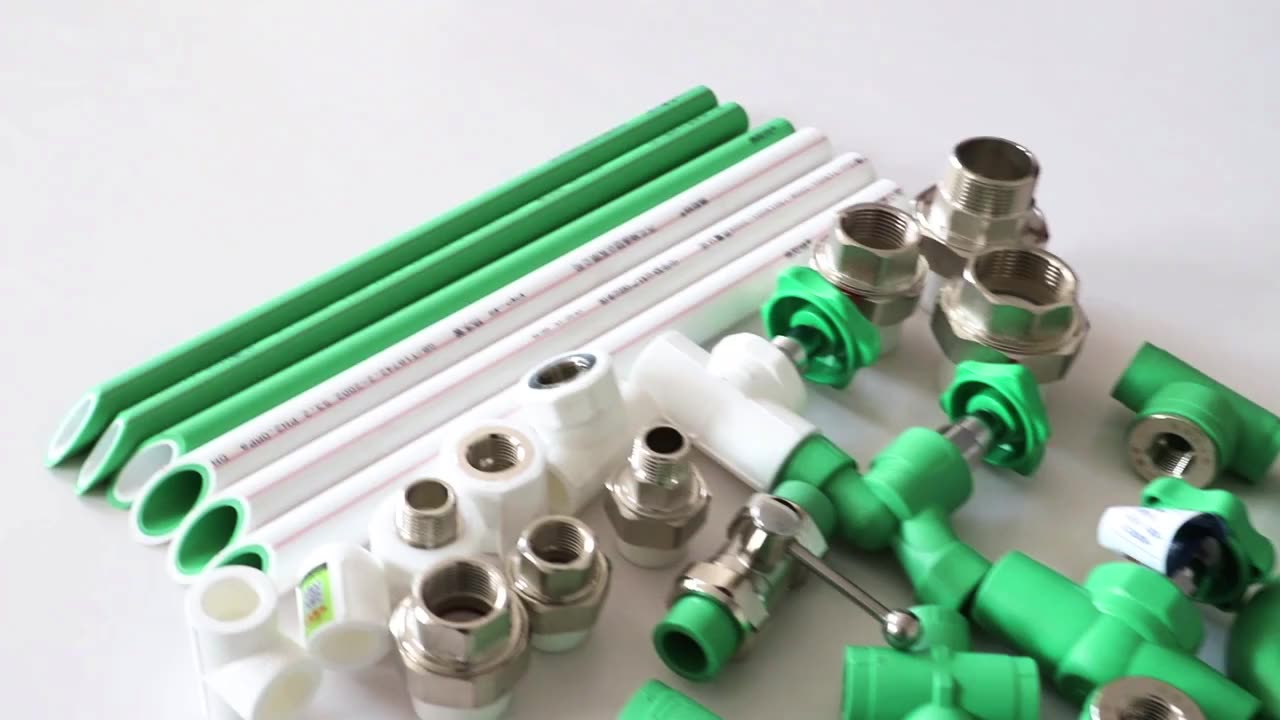Polypropylene Random Copolymer (PPR) pipes have revolutionized the plumbing industry with their superior properties and advantages over traditional materials like copper and galvanized steel. These pipes, made from a special type of polypropylene, offer remarkable benefits such as high temperature and pressure resistance, corrosion resistance, and a long lifespan. The advent of PPR pipes has led to significant improvements in plumbing systems across residential, commercial, and industrial sectors. Their ease of installation and maintenance, combined with cost-effectiveness, have made PPR pipes a preferred choice for modern plumbing solutions.
Leading PPR Pipe Manufacturers: Setting Standards in Quality and Innovation
The market for PPR pipes is dominated by several leading manufacturers who have set high standards in terms of quality, innovation, and sustainability. Companies like Wavin, Aquatherm, and Bänninger have been at the forefront of this industry, continually advancing their manufacturing processes to produce pipes that meet stringent international standards. These manufacturers invest heavily in research and development to introduce new technologies and materials that enhance the performance and reliability of PPR pipes. Their commitment to quality is evident in the rigorous testing and certification processes their products undergo, ensuring that they meet the highest standards of safety and efficiency.
The Manufacturing Process: Precision and Technology
The manufacturing of PPR pipes involves a highly controlled process that ensures consistency and quality in every pipe produced. The process begins with the careful selection of raw materials, followed by the extrusion process where the PPR material is heated and molded into pipes of various diameters. Advanced technologies such as computer-controlled extrusion and automated quality control systems are employed to maintain precision and detect any defects. The pipes are then subjected to a series of tests, including pressure testing, thermal stability testing, and chemical resistance testing, to ensure they meet all required specifications. This meticulous process ensures that the final product is of the highest quality, capable of performing under the most demanding conditions.
Environmental and Economic Benefits of PPR Pipes
PPR pipes offer significant environmental and economic benefits, making them an attractive option for sustainable plumbing solutions. They are fully recyclable, contributing to reduced environmental impact and promoting a circular economy. The energy-efficient manufacturing process and the lightweight nature of PPR pipes result in lower transportation and installation costs. Additionally, their long lifespan and minimal maintenance requirements translate to substantial cost savings over time. The use of PPR pipes in plumbing systems not only reduces the overall carbon footprint but also enhances the efficiency and durability of the infrastructure, providing a sustainable solution for the future.
In conclusion, the evolution of PPR pipes has brought about a significant transformation in the plumbing industry. Leading manufacturers continue to push the boundaries of innovation and quality, ensuring that PPR pipes remain at the forefront of modern plumbing solutions. With their numerous advantages and environmental benefits, PPR pipes are set to play a crucial role in shaping the future of plumbing systems worldwide.floor heating pipe
